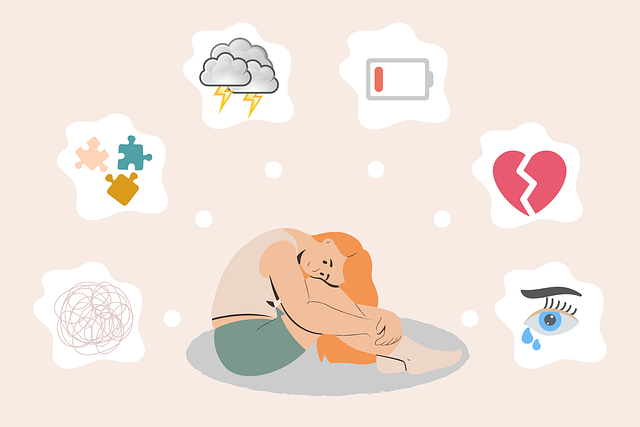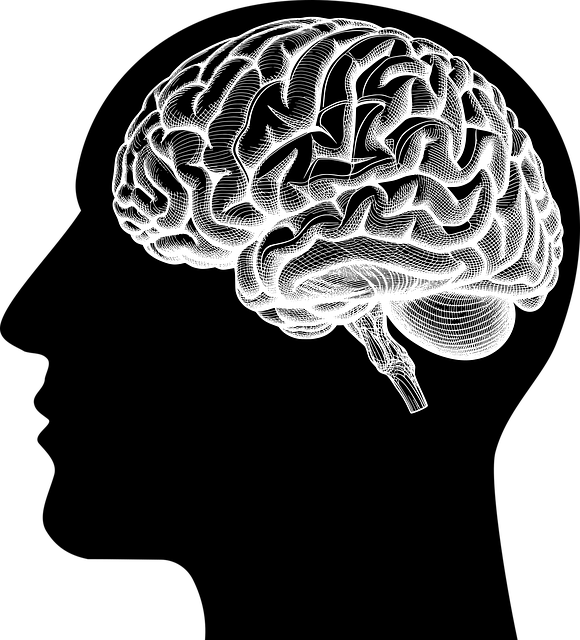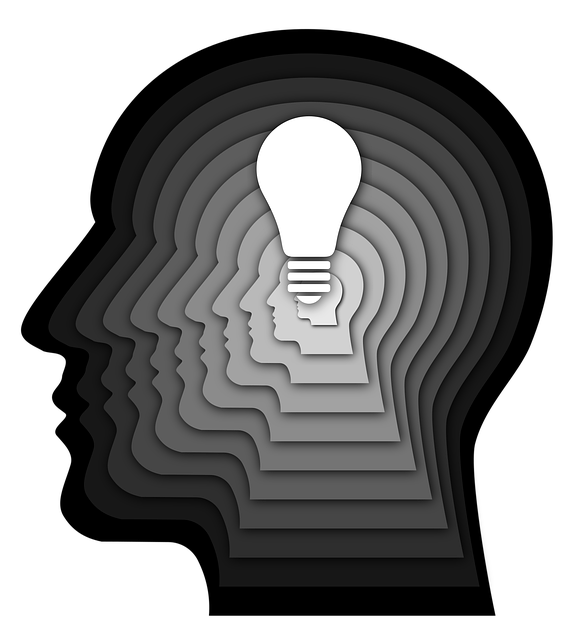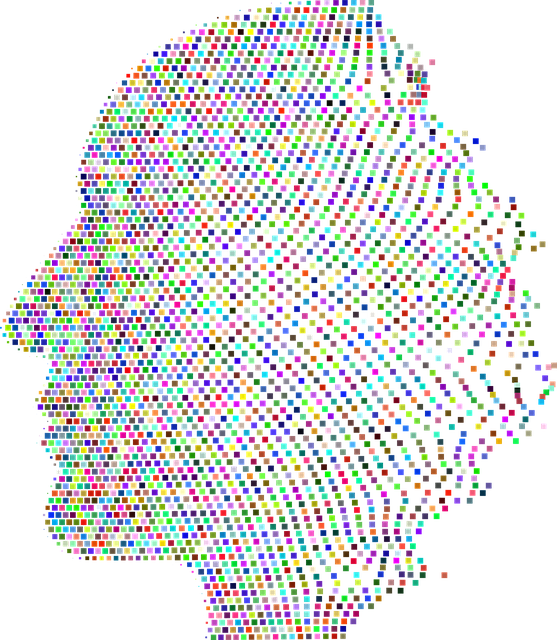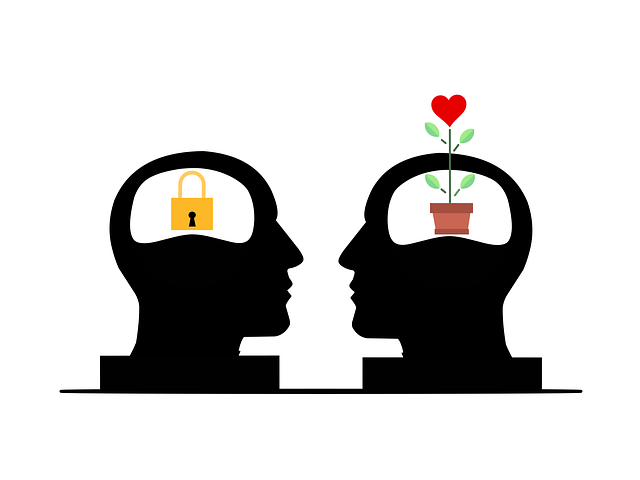The text explores the profound impact of stigma on mental health, particularly for adults with Obsessive Compulsive Disorder (OCD). It highlights that societal discrimination and misconceptions create barriers to essential support and treatment. Education programs are pivotal in destigmatizing mental illness by promoting understanding and empathy through curriculum integration and student coping strategy development. Cognitive-Behavioral Therapy (CBT) is emphasized as a powerful tool for OCD, targeting negative thought patterns and behaviors to reduce anxiety and improve emotional well-being. Support groups also play a significant role in fostering community engagement, cultural competency, and personalized care for diverse patients with OCD. Responsible media representation, coupled with initiatives focusing on trauma support services and healthcare provider training, aims to reduce stigma and ensure adults with OCD access therapy without judgment.
Mental illness stigma remains a significant barrier to seeking help, with profound impacts on individuals’ mental health. This article delves into comprehensive strategies aimed at reducing this societal burden, focusing on various approaches from education and community engagement to media representation. We explore the role of therapy, particularly for adults suffering from Obsessive Compulsive Disorder (OCD), in breaking down stigma and fostering a more supportive society. By understanding the root causes of mental illness stigma, we can collectively work towards a world where help is sought without fear of judgment.
- Understanding Stigma and Its Impact on Mental Health
- The Role of Education in Breaking Down Stigma
- Therapy Approaches to Address Obsessive Compulsive Disorder (OCD)
- Support Groups and Community Engagement Strategies
- Media Representation and its Influence on Public Perception
Understanding Stigma and Its Impact on Mental Health

Stigma surrounding mental illness can have profound effects on individuals’ lives, hindering their access to essential support and treatment. It often manifests as negative attitudes, beliefs, and stereotypes about people experiencing psychological disorders, leading to discrimination and social isolation. This pervasive stigma can make it challenging for those struggling with conditions like Obsessive-Compulsive Disorder (OCD) to seek therapy or admit they need help.
Reducing the mental health stigma is crucial for fostering an environment where individuals feel comfortable discussing their experiences openly. It encourages people to recognize that mental illness is a common human challenge, no different from physical ailments, and requires professional care. By promoting understanding through education and open dialogue, we can improve self-esteem for those affected, offer better trauma support services, and even inspire the production of engaging mental wellness podcast series that share personal stories, expert insights, and coping strategies. Ultimately, destigmatizing mental illness paves the way for increased access to therapy for adults seeking treatment for conditions like OCD, ensuring they receive the care they deserve.
The Role of Education in Breaking Down Stigma

Education plays a pivotal role in breaking down the stigma surrounding mental illness. By incorporating comprehensive Mental Health Education Programs into curricula, schools can foster an environment that promotes understanding and empathy. Teaching students about various mental health conditions, including therapy for adults with Obsessive Compulsive Disorder (OCD), normalizes conversations around these topics, reducing the likelihood of stigmatization.
Social Skills Training and Stress Management Workshops within educational settings can further empower individuals to recognize signs of distress in themselves and others. Equipping young people with coping strategies enables them to manage stress effectively, potentially preventing the onset of mental health issues or providing early interventions. These initiatives contribute to a culture where seeking support for mental health concerns is seen as a sign of strength rather than weakness.
Therapy Approaches to Address Obsessive Compulsive Disorder (OCD)

Therapy plays a pivotal role in addressing and managing Obsessive Compulsive Disorder (OCD), offering adults effective tools to overcome their symptoms. Cognitive-Behavioral Therapy (CBT) is a well-established approach, focusing on identifying and changing negative thought patterns and behaviors associated with OCD. This therapy helps individuals understand the connection between their thoughts, feelings, and actions, enabling them to challenge and replace obsessive thoughts with more realistic and adaptive ones.
Through structured exposure and response prevention techniques, CBT empowers adults with OCD to confront their fears gradually, reducing anxiety and avoidance. Additionally, stress reduction methods, emotional well-being promotion techniques, and self-esteem improvement exercises are integrated into the therapy process, fostering a sense of control and enhancing overall mental resilience. These comprehensive approaches not only alleviate OCD symptoms but also promote lasting recovery and improved quality of life.
Support Groups and Community Engagement Strategies

Support groups play a pivotal role in reducing stigma associated with mental illness, offering individuals a safe space to share experiences and connect with others facing similar challenges. These groups foster understanding and empathy, dismantling stereotypes often attached to conditions like Obsessive Compulsive Disorder (OCD). By participating in such communities, individuals can find solace, reduce feelings of isolation, and gain valuable insights into managing their symptoms through shared therapy for adults with OCD.
Community engagement strategies, coupled with Healthcare Provider Cultural Competency Training, further strengthen stigma reduction efforts. Educating healthcare professionals on cultural sensitivity ensures that patients from diverse backgrounds receive personalized care. Additionally, promoting Self-Care Routine Development for Better Mental Health encourages proactive measures against burnout, a common issue among mental health workers, thus maintaining the quality of care provided to those seeking assistance for OCD and other mental health concerns.
Media Representation and its Influence on Public Perception

The media plays a significant role in shaping public understanding and perception of mental health issues, including disorders like Obsessive Compulsive Disorder (OCD). Depictions in films, television shows, and news outlets can either perpetuate harmful stereotypes or offer valuable insights into the experiences of those living with OCD. Responsible media representation encourages empathy and normalizes conversations around therapy for adults struggling with OCD, ultimately reducing stigma.
Efforts to enhance trauma support services and healthcare provider cultural competency training have recognized the influence of media in this domain. Many community outreach programs are now implemented to bridge the gap between public perception and reality, focusing on accurate representation of mental health conditions. This shift promotes a more compassionate and informed society where individuals with OCD can access necessary care without fear of judgment.
Mental illness stigma reduction is a multifaceted approach that includes education, community engagement, media representation, and therapeutic interventions like therapy for adults with obsessive compulsive disorder (OCD). By addressing these areas, we can foster a more compassionate and understanding society, ultimately improving mental health outcomes. Efforts to break down stigma are crucial steps towards ensuring individuals receive the support and care they need without fear of judgment or discrimination.


